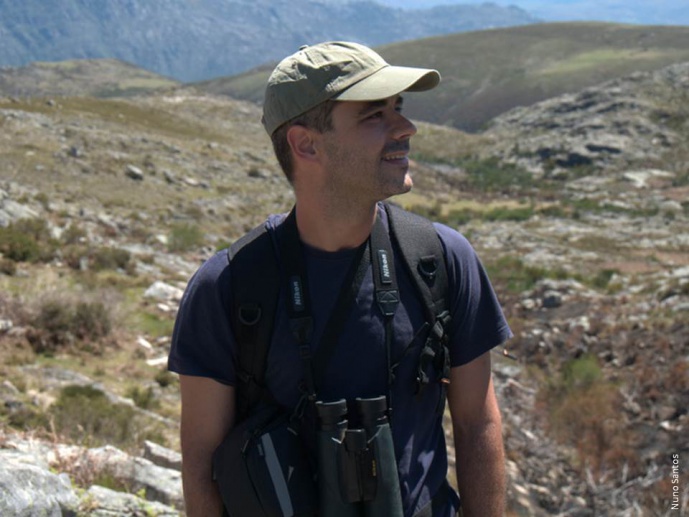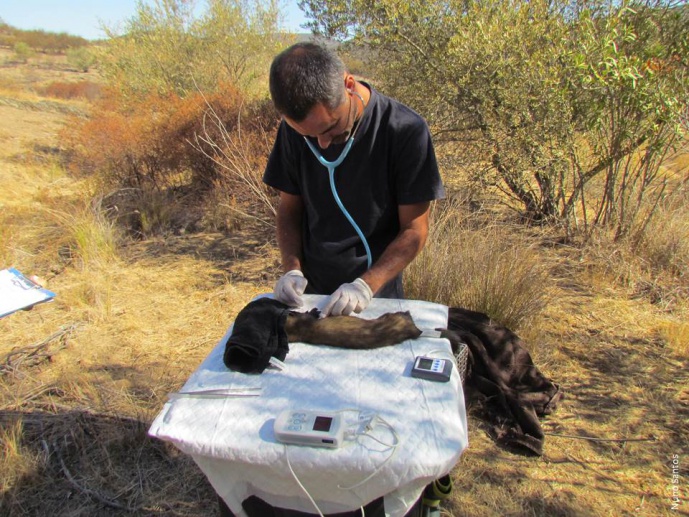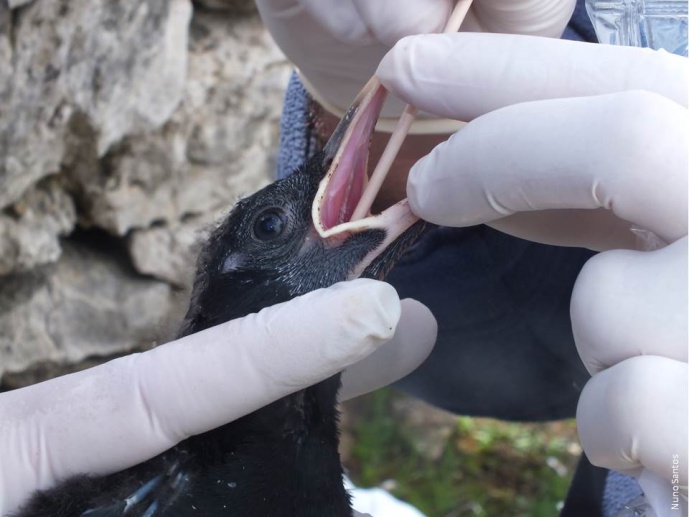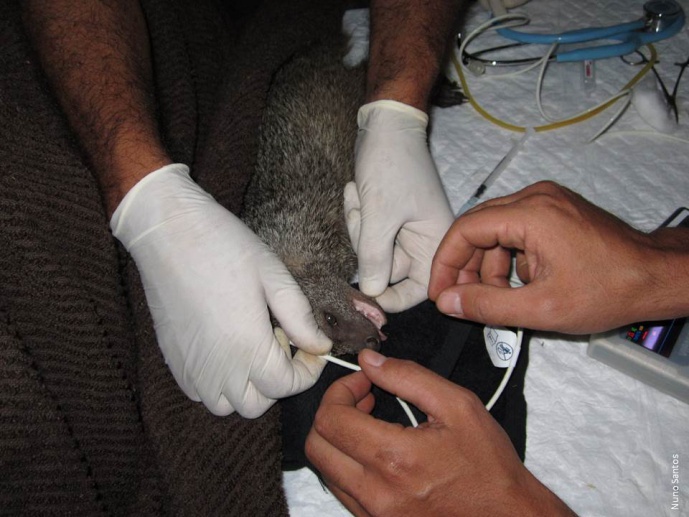Nuno Santos
Post-Doc Researcher
Graduated as DVM at Technical University of Lisbon in 1997, as MSc in Veterinary Public Health in 2007 and obtained PhD in Health Sciences at Life and Health Sciences Research Institute, University of Minho in 2016. Certified European specialist in wildlife population health by the European College of Zoological Medicine since 2014. Currently researcher at CIBIO-InBIO.
Worked for several years in private practice as wildlife veterinarian, conducting studies on sanitary status of several species such as carnivores, ungulates, game species, raptors and waterfowl; performing wildlife capture and chemical restraint in carnivores and ungulates; and wildlife rehabilitation, including clinics and surgery.
My research career focuses on the epidemiology of infectious and parasitic diseases in wildlife populations. I´m particularly interested in exploring the complexities of real-life systems, including disease ecology in multi-host-pathogen systems, particularly at the domestic-wildlife interface, co-infections and diseases of conservation relevance. One of my main models has been viral and parasitic diseases of carnivores, where I focused on canine distemper virus, canine parvovirus, sarcoptic mange and gastro-intestinal parasites in several species of large and mesocarnivores. Another relevant model has been bovine tuberculosis in wild ungulates where I performed descriptive and spatial epidemiology and studied the interspecific transmission of infection. I’ve also studied trichomonosis in columbiforms and their avian predators, namely Bonelli’s eagle and the transmission of gastro-intestinal parasites between wild, domestic and feral caprines in Peneda-Gerês National Park.
Recently I become involved in the field of conservation physiology, namely on the use of hematology and serum chemistry parameters as indicators of wildlife population health, allowing to assess the effects of acute or chronic stressors.




